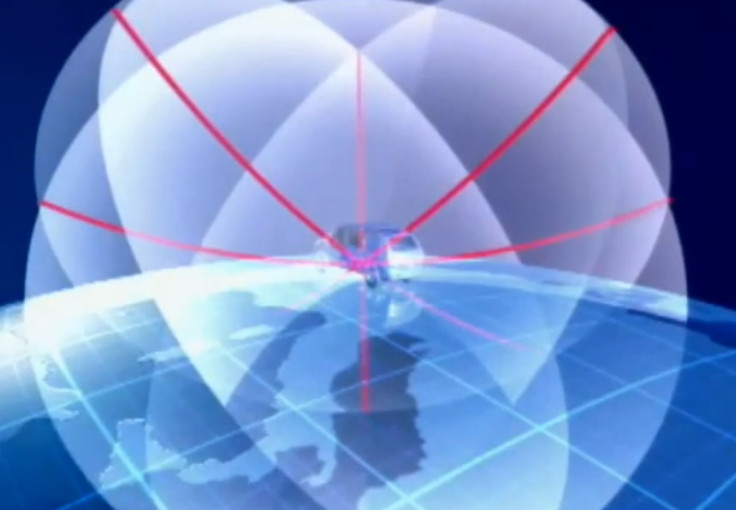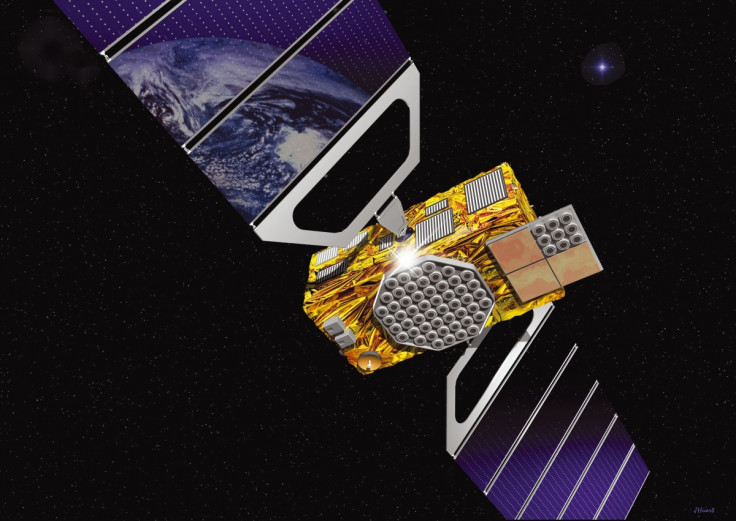Europe's Galileo System 'Will Make Search and Rescue Quicker and Save Lives'

The European Space Agency (ESA) has announced the launch of a new global navigation system which will end Britain's reliance on GPS, which is operated by the US Air Force.
The ESA's Galileo network of satellites will be far more accurate than GPS, meaning search and rescue at sea will be made much faster, potentially saving lives.
As well as four satellites already in orbit, 26 satellites are being launched over the coming years, two of them launched from Kourou, French Guiana in the coming weeks. The Galileo satellites will orbit the Earth at a height of 12,500 miles. The six GPS satellites are 600 miles up. The 30 satellites of the Galileo network will provide instant global coverage, unlike the current GPS which takes up to 45 minutes to detect a signal. If someone falls overboard at sea, the time spent in the water can mean the difference between life and death.

Yachtsman Andrew Taylor, who fell off a boat in the Pacific in March, had to wait an hour for a satellite to find him when he triggered his search-and-rescue beacon. Finally he had to switch it off and on again until it registered. Taylor spent 90 minutes in the water and had to be treated for hyperthermia. Had the Galileo network been working he would probably have been found much more quickly.
Each Galileo satellite will carry an atomic clock which only loses a billionth of a second in accuracy every day, compared to the clocks in GPS which lose five billionths of a second.
This means the Galileo satellites will be able to detect people or vessels within 30 minutes within 100 metres. The system will be so accurate it will be able to detect which side of the street a pedestrian is, and help mountain climbers avoid hazards.
The Galileo network will also signal an end to the US dominance in positioning technology. NAVSTAR GPS is operated by the US Air Force and if they decided to turn it off the internet, power grids and industry would be plunged into chaos.
Whether the Galileo system would have found missing Malaysia flight MH370 is another matter. Although pilots use GPS to see their position, this information is rarely shared with air traffic control, because of the huge quantities of data that would be generated as a result.
© Copyright IBTimes 2025. All rights reserved.






















